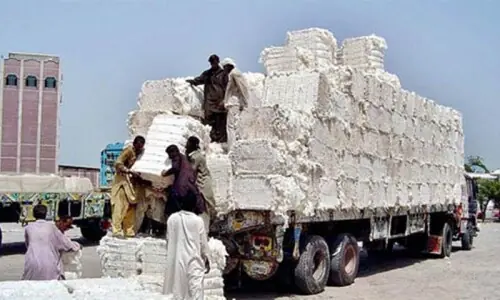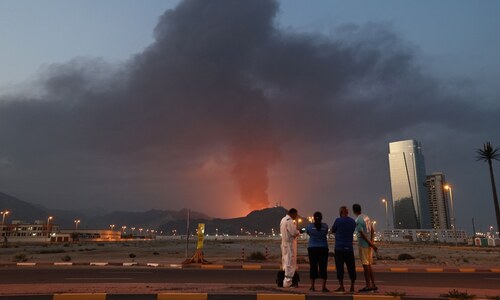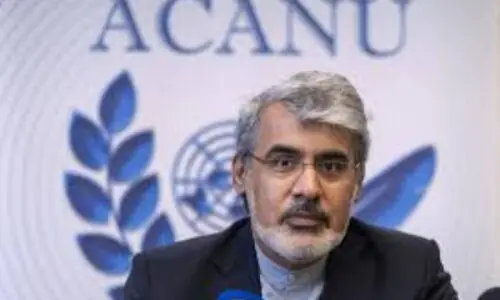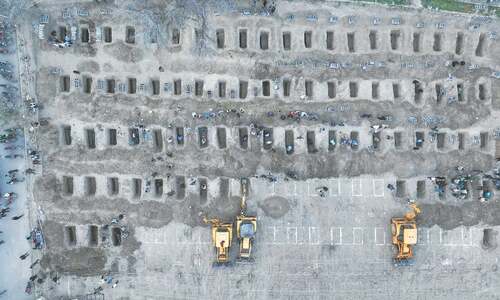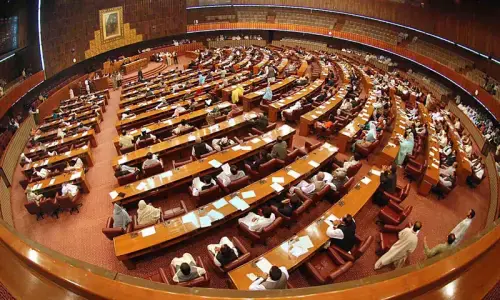More than two million Yemeni children under the age of five are expected to endure acute malnutrition in 2021, four United Nations agencies said on Friday, urging stakeholders to end the years-long conflict that has brought the Arab world’s poorest country to the brink of famine.
The UN report warned that nearly one in six of those kids — 400,000 of the 2.3m — are at risk of death due to severe acute malnutrition this year, a significant increase from last year’s estimates. The report also said a lack of funds was hampering humanitarian programmes in Yemen, as donor nations have failed to make good on their commitments.
Compounding the crisis, around 1.2m pregnant or breastfeeding women in Yemen are also projected to be acutely malnourished this year.
“These numbers are yet another cry for help from Yemen, where each malnourished child also means a family struggling to survive,” said David Beasley, executive director of the World Food Programme, which jointly issued the report with the Food and Agriculture Organisation, Unicef and the World Health Organisation (WHO).
“The crisis in Yemen is a toxic mix of conflict, economic collapse and a severe shortage of funding,” Beasley explained. In 2020, humanitarian programmes in Yemen received only $1.9 billion of the required $3.4bn, the report said.
Unicef estimates that virtually all of Yemen’s 12m children require some sort of assistance. This can include food aid, health services, clean water, schooling and cash grants to help the poorest families scrape by.
“But there is a solution to hunger, and that’s food and an end to the violence,” Beasley said.
Yemenis have suffered six years of bloodshed, destruction and humanitarian catastrophe. In 2014, the Iran-allied Houthi rebels seized the capital and much of the country’s north. A Saudi-led coalition launched a sweeping military intervention months later to restore the UN-backed government. Despite relentless Saudi airstrikes and a blockade of Yemen, the war has ground to a stalemate.
Last week, President Joe Biden announced that the US will no longer support the Saudi-led coalition; however, reaching peace will be a difficult path.
Biden also reversed the Trump administration’s designation of the Houthis as a terrorist organisation. That move has been hailed by aid groups working in Yemen, who feared the designation would disrupt the flow of food, fuel and other goods barely keeping Yemenis alive.
“Malnourished children are more vulnerable to diseases [...] It is a vicious and often deadly cycle, but with relatively cheap and simple interventions, many lives can be saved,” said WHO Director-General Tedros Adhanom Ghebreyesus.












